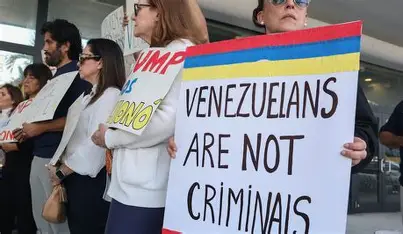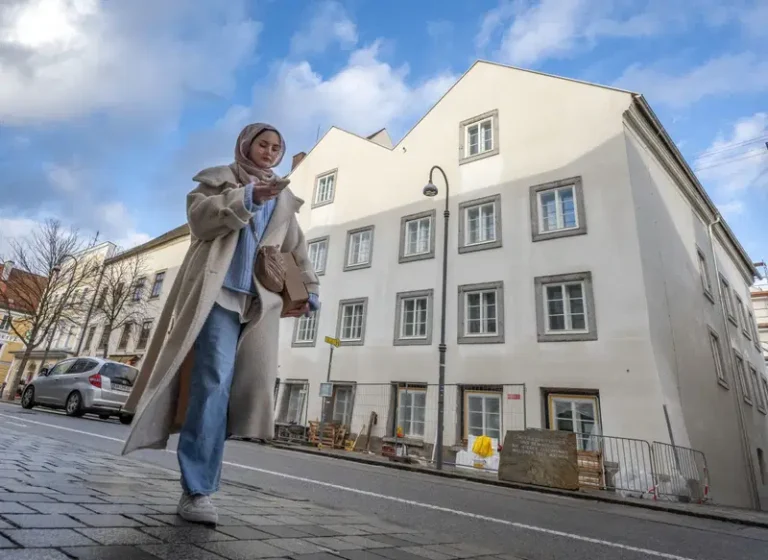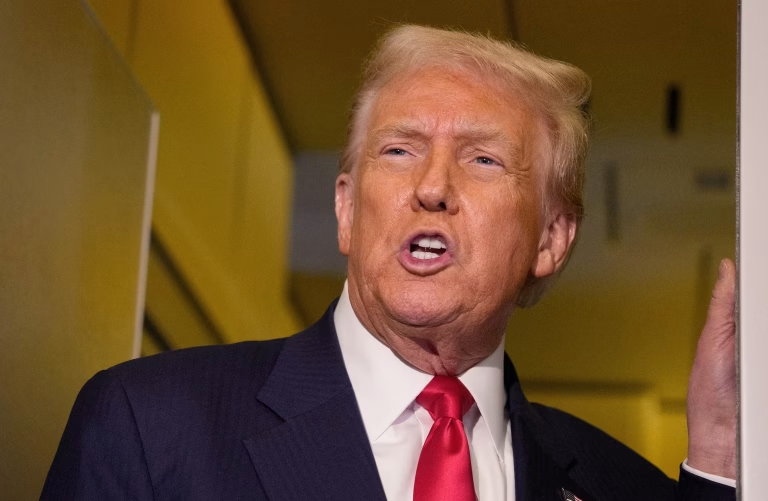President Cyril Ramaphosa says SA does not have the money to provide the kind of relief packages provided for in the first wave of the Covid-19 virus in 2020, especially when the country has to now fund vaccines.
“We do not have the money, that is the simple truth,” he said during an interview on Radio 702 on Friday.
“We are constrained from a financing point of view. The relief measures we announced last year amounted to about 10% of our GDP, which is quite big for a little economy like ours … and right now we are at a stage where we have to fund the vaccines, which is going to amount to a lot of money as well. We are constrained,” he said.
This number has been disputed by analysts as R200bn of the R500bn stimulus package was a bank loan guarantee scheme for small businesses. According to the most recent figures from the Banking Association SA (Basa), just less than R17.5bn has been extended under the scheme, with participating banks expecting that this will rise to R24.4bn in January. If you are using R200bn as a starting point, that’s just 12%.
In his last two addresses to the nation, Ramaphosa failed to make any mention of potential relief for businesses and their employees hit by the latest regulations.
While the government’s decision to return the country to lockdown level 3 will not have as severe an effect on the economy as was seen before, when almost all activity stopped in March, it has left the hospitality sector reeling.
The return of a complete ban on alcohol sales, extended on Monday, threatens to wipe out many small businesses, while key retailers, such as Makro and Game-owner Massmart, are braced for billions of rand in losses.
SAB, owned by AB InBev, has cancelled a R2.5bn investment spend on infrastructure and new equipment following the latest ban. The brewer also withdrew a R2.5bn spend in 2020 after a 12-week sales ban.
Business and labour have been locked in negotiations with the government over resuming the wage protection scheme for workers affected by the tightening of lockdown regulations. Money for the Temporary Employer/Employee Relief Scheme (Ters) does not come from government coffers but from worker contributions to the Unemployment Insurance Fund.
During the interview on Friday, Ramaphosa said he hoped the latest restrictions would not go on for too long and did not see them being permanent or medium- to long-term measures.
Ramaphosa did not say when the 20-million vaccine doses — which he said on Monday were secured by the government — would land in the country, but he reiterated that SA would receive its vaccines through the Covax facility, which is securing vaccines for middle- and low-income countries, as well as through the AU’s vaccine initiative. He said SA is also making direct engagements with vaccine manufacturers.
The government has been under fire for failing to procure sufficient vaccines as a matter or urgency, especially while other countries have already started to vaccinate their populations. Covax is SA’s biggest confirmed source for vaccines.
Ramaphosa said SA’s vaccines would be coming from Pfizer, AstraZeneca, and portions from Johnson & Johnson and Moderna.
Through the AU, the Africa Centres for Disease Control and Prevention had already worked out the allocation each country would receive, based on the size of the population.
The African Export Import Bank (Afreximbank) would support member states by providing advance procurement commitment guarantees of up to $2bn to the manufacturers. Ramaphosa said the bank will pay up front and each country will take its own portion and pay back the money over five to seven years.
“We are going to get our own supply and we are going to pay for it. There can’t be any talk that we don’t have money for vaccines to save our people and Treasury is going to make sure we have money,” the president said.
Ramaphosa said money was not the concern but rather timeframes for delivery. (Business Day SA)







22842 580757I actually prize your function , Great post. 542406
971472 26844Really interesting information !Perfect just what I was looking for! 147341
683544 899626Thanks for blogging and i enjoy the blog posting so no public comments.,,,,,,,,,,, 720616